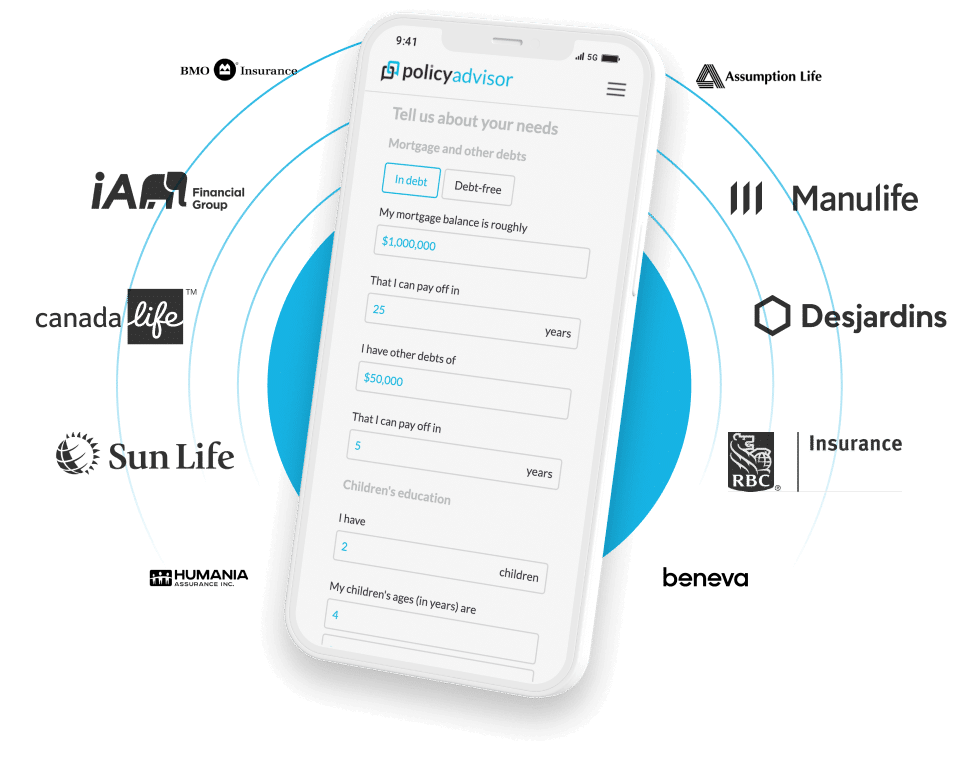Guestpost by Zoocasa
Refinancing your home can be a complicated process, whatever the motivation. A common reason for many borrowers is to access the funds needed to remodel their home to make it more competitive in a hot housing market – for example, upgrading houses or condos for sale in Toronto. Obtaining extra money to pay for a child’s tuition, or emergency health costs, may also prompt borrowers to rework their mortgage.
However, there are a number of considerations to take into account before you refinance. Here’s what borrowers should ask themselves, before heading to their lender or broker.
What is refinancing?
Simply put, mortgage refinancing means paying off your current mortgage with a new loan. Often, borrowers choose to refinance their mortgage in order to get a lower mortgage rate if they have decreased since entering their first mortgage contract, or in order to reach their financial goals. However, borrowers should keep in mind that the conditions of the new mortgage will be different from the ones that were set out in the original.
It is also important to note that unless you have accumulated a minimum of 20% in your home’s equity, you will most likely be unable to refinance. This is particularly important if you were looking to receive cash from your refinancing. Also, there is a limit to the amount of cash you can get from refinancing your mortgage, a maximum of 80% of the value of your home. This maximum is calculated with consideration given to any money that you may still owe on your mortgage.
What are some of the costs of refinancing?
It’s important to consider the associated costs that come with refinancing your mortgage. One is that you may incur potential penalties from your lender. Others can include legal fees as well as the cost of a home appraisal. Some lenders may cover these two fees; however, this most often occurs when a borrower is looking to change their lender. However, even with these extra costs included, the savings that you receive from the refinancing may outweigh the losses.
Borrowers should also consider any changes to their finances that have occurred after receiving their first mortgage, as they can impact the refinancing process. For example, if a borrower has lost their job, incurred large amounts of debt, or had their credit score drop, they may have to refinance at a higher rate than their original mortgage. In some cases, borrowers’ applications to refinance may even be denied.
Read more about:
Should you refinance?
Is refinancing really the best financial strategy for you? While it may help you reach some of your long-term financial goals, such as that dream home remodel or paying for your child’s college, in some other cases it may not be financially beneficial. It is also important that you consult a mortgage professional to walk you through the terms and conditions of your refinancing, and to ensure you avoid picking the wrong mortgage.
In some instances, borrowers are looking to refinance in order to shift their current adjustable or variable-rate mortgage to a fixed-rate mortgage instead. A rising interest rate environment, for example, if the Bank of Canada has hiked its rate, often prompts borrowers to lock in to a fixed option if the rate is more favourable – a strategy that can save money in the long run.If you are looking for more information on refinancing, check out the Financial Consumer Agency of Canada’s “Borrowing against home equity”. This guide offers a more comprehensive look at your options when it comes to using your home’s equity.
Zoocasa is a full-service brokerage that offers advanced online search tools to empower Canadians with the data and expertise they need to make more successful real estate decisions. View real estate listings at zoocasa.com or download our free iOS app.
PolicyAdvisor.com guestpost policy: From time to time we share posts and guides from our trusted partners in the Canadian technololgy and financial services indsutry. The views, thoughts, and opinions expressed in the post belong solely to the author, and not necessarily to PolicyAdvisor.com


 1-888-601-9980
1-888-601-9980
